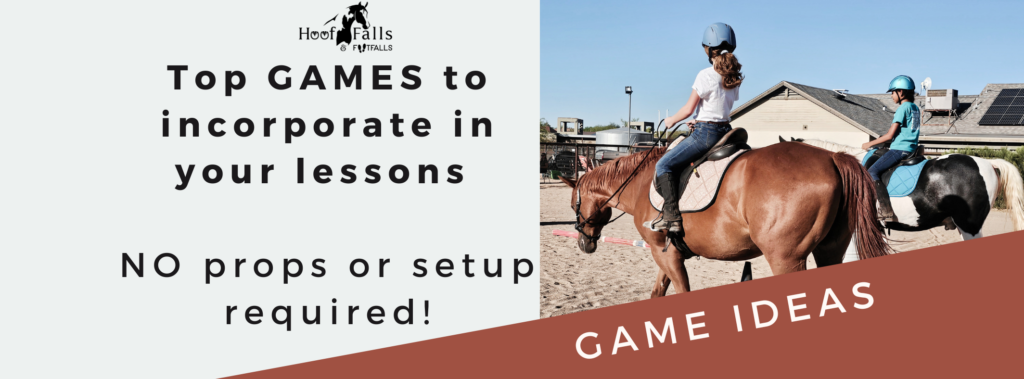
Top GAMES to incorporate into lessons- no props or setup required!
As adaptive/therapeutic riding instructors, one of our goals is to make skill practice fun and engaging for our students. Games are a fantastic way to reinforce riding techniques while providing a motivating and enjoyable experience.
Recently, I reached out to fellow instructors on my Facebook page, and they shared some of their favorite games that don’t require any extra equipment. A couple of the games below do use letters, but I’ve included them in this post because dressage letters are present in many arenas.
Below is the list of “top no setup games”, how to play them, and how they can be used to help reinforce and practice riding skills, and the social, physical, educational, or life skills they support.
Tips on making the games harder or easier to meet the different skill and ability levels of your students:
Remember that you can make a game harder or easier by changing the speed/gait at which it is played, how much volunteer support is given, how many physical or verbal prompts are given, the amount of time allowed for processing before the next command is given, the number of commands/instructions given in a row, etc.
Safety tip: Often times extra energy comes up in our students and volunteers when they get to participate in a fun game! Be aware of this increased energy and excitement and it's potential impact on the horse and also how students deliver their cues. You might see a temporary regression in skills when you add in the "challenge" of the excitement of a game or competing against peers.
The Games:
Leap Frog
- Instructions: Riders are arranged on the rail in a nose to tail line, keeping safe spacing between horses. The rider at the back moves to the front of the line by passing the other riders on the inside at a walk, fast walk, trot, or even canter while the riders on the rail maintain a slow walk, regular walk, or trot. The game continues until all riders have had a turn leading and passing.
- Riding Skills: This game improves speed control within gaits, use of the natural aids, arena etiquette, safe spacing, passing, transitions.
- Social/Physical/Educational/Life Skills: Leap Frog encourages planning ahead, teamwork, communication, driving and/or biking safety skills, and spatial awareness.
- Thank you Kate S.A., Agape Acres, Candice CM for the idea!
Red Light, Green Light (Purple Light, Yellow Light…..)
- Instructions: The instructor calls out “green light” to signal movement and “red light” to halt immediately. Depending on the skill level of the riders, a green light could indicate a walk or trot. Other color lights could also be incorporated to increase gaits and/or riding skills practiced. Example: Red is halt, yellow is walk, green is trot, purple is 2-point trot, etc.
- Riding Skills: Focuses on transitions, halts, speed regulation, arena etiquette, etc.
- Social/Physical/Educational/Life Skills: This game promotes listening skills, impulse control, and patience.
- Thank you Elizabeth O., Karen J., for the idea!
Pattern Games (Figure 8, Triangle, Circle, Square)
- Instructions: The instructor calls out an arena pattern or shape the riders are familiar with. The riders then go ride the pattern or shape focusing on precise turns and positioning. Visual markers can be included if needed to help support riders “seeing” the patterns or shapes.
- Riding Skills: These games develop precision, control at various gaits, and understanding of arena geometry.
- Social/Physical/Educational/Life Skills: Pattern games enhance focus, memory, spatial awareness, and the ability to follow complex instructions.
- Thank you Agape Acres for the idea!
Beep Beep Game
- Instructions: Riders all halt at markers except the lead rider who walks until they come to the back of the ride. They then shout beep beep and the rider in front walks until they come to the next halted horse at which point they shout beep beep. Continue until all horses walking again and then halt them again in the new order
- Riding Skills: Reinforces arena etiquette, passing, speed regulation, transitions
- Social/Physical/Educational/Life Skills: Builds teamwork, cooperation, and understanding of group dynamics.
- Thank you Niamh A. for the idea!
Alphabet Spelling with ASL (Dressage Letters or Full Alphabet that is already set up in arena)
- Instructions: Riders spell out a word or go to the letters in alphabetical order by moving to the corresponding letters around the arena and practice using the correct ASL sign at each letter.
- Variation: Make the game more difficult, riders can be required to do a skill such as holding reins in one hand or 2-point at the walk as they move between letters.
- Riding Skills: Rein management, transitions, looking ahead
- Social/Physical/Educational/Life Skills: This game integrates letter recognition, alphabetization, phonetics, memory, and the opportunity to learn sign language.
- Thank you Kay L. for the idea!
Eye Spy
- Instructions: The instructor or a rider picks an object or color in the arena and gives a clue (e.g., “I spy something green”). Riders then search for the object and ride toward it.
- Riding Skills: Encourages looking ahead, good riding position, use of natural aids, reining.
- Social/Physical/Educational/Life Skills: This game boosts observation skills, planning ahead, object recognition, and spatial awareness.
- Thank you Allison G. for the idea!
Simon Says
- Instructions: The instructor gives commands, but riders should only follow them if prefixed with “Simon says.” If a command is given without “Simon says,” the rider must not follow it.
- Variation: Use the instructor’s name or a horse’s name instead of “Simon”.
- Riding Skills: Can be used to reinforce calm transitions, riding position, rein management, arena etiquette, using natural aids, etc.
- Social/Physical/Educational/Life Skills: Simon Says improves listening skills, self-discipline, and adaptability.
- Thank you to the many instructors that suggested this game!
Riding Skill Charades
- Instructions: One rider performs a skill along the rail or riding up the centerline (such as 2-point at the walk) while the other students attempt to guess the skill. The class then practices the skill together before the next rider’s turn.
- Riding Skills: Allows practice of various skills and equestrian terminology
- Social/Physical/Educational/Life Skills: Encourages memory recall, creativity, teamwork, and interpreting non-verbal cues.
- Thank you Katie B. for the idea!
Follow the Leader
- Instructions: One rider leads the group and performs different riding skills or warm-ups. Other riders in the group must follow their path and actions. Leadership rotates so that each rider gets a turn to lead.
- Riding Skills: Improves following cues, maintaining pace, and transitions, arena etiquette, safe spacing.
- Social/Physical/Educational/Life Skills: Fosters leadership, communication, and the ability to imitate and adapt.
- Thank you Stephanie G., Sarah E., Amy O. for the idea!
Slowest and Fastest Walk Races
- Instructions: Riders compete to see who can walk their horse the slowest without stopping completely. The last horse to cross the finish line wins. This game can also be played where riders compete to see who can walk their horse the fastest without breaking gait into a trot. The first horse across the finish line wins and riders/horses who break into a trot must go back to the beginning.
- Riding Skills: Emphasizes control over the horse’s speed and gait.
- Social/Physical/Educational/Life Skills: Develops patience, concentration, self-control, and emotional regulation.
- Thank you Margie H-H. for the idea!
Two Point Races
- Instructions: Riders maintain a two-point position see who can hold the position the longest before needing a break.
- Riding Skills: Strengthens the rider’s position, balance, and 2-point.
- Social/Physical/Educational/Life Skills: Builds physical endurance, focus, and a sense of competition.
- Thank you Margie HH for the idea!
Round-up/Herding Instructors or Volunteers
- Instructions: Riders attempt to herd or round-up the instructor or a member of their volunteer team into a specific area of the arena. They can pretend to herd cows into a pen, penguins to back to their iceberg, etc.
- Variations: Instructors or volunteers can pretend to be cows and get herded into a “pen”, penguins getting herded back to their icebergs, etc.
- Riding Skills: Focuses on rein management, transitions, looking ahead, use of the natural aids.
- Social/Physical/Educational/Life Skills: Builds leadership, communication, strategy and collaborative problem-solving.
- Social/Physical/Educational/Life Skills: Enhances teamwork, strategy, and problem-solving.
- Thank you Dawn A, Alexandra W., Niamh A. for the idea!
Spelling Words, Letter Recognition, or Animals Names that Start with Letters (Dressage Letters or Full Alphabet that is already set up in arena)
- Instructions: Dressage letters are set up around the arena. Riders spell out words by navigating their horse to the corresponding letters in sequence. Riders can spell out their name, their siblings name, the horse’s name, a part of the horse, etc. Students may need to see the word written on a card or whiteboard so they can match the letters to those in the arena.
- Variations:
- Instead of spelling out a word, the student can name an animal, horse part, etc. that starts with the same number of the dressage letter they are riding or stopped by.
- Students can say the letter of the word they are riding towards, walking by, or stopped at.
- Riding Skills: Practices steering, transitions, looking ahead.
- Social/Physical/Educational/Life Skills: Reinforces literacy, memory, and sequential thinking.
- Thank you Judy E., Jessica A, Rita N. for the idea!
Grandmother’s Footsteps
- Instructions: The instructor, acting as “Grandmother,” stands at one end of the arena facing away from the riders. Riders must quietly move forward, trying to get as close to “Grandmother” as possible. However, when “Grandmother” turns around, all riders must freeze (halt). Any rider caught moving must return to the start.
- Riding Skills: This game reinforces quiet, controlled upward transitions and smooth halting.
- Social/Physical/Educational/Life Skills: It develops patience, attention to detail, and the ability to time actions carefully.
- Thank you Niamh A. for the idea!
What Time is it Mr. Fox?
- Instructions: The instructor, acting as “Mr. Fox,” stands at one end of the arena. Riders start at the opposite end and ask, “What time is it, Mr. Fox?” The instructor replies with a time (e.g., “It’s 3 o’clock”), and riders take the corresponding number of steps forward. If “Mr. Fox” says “Dinner Time,” the riders must quickly return to the starting line before getting caught.
- Riding Skills: Improves precision, quick transitions between gaits, and responsiveness.
- Social/Physical/Educational/Life Skills: Helps students practice counting, strategic thinking, quick reflexes, and risk assessment.
- Thank you Elizabeth O. for the idea!
Do you have another “no setup” game you would like to share? Comment below!
Want to learn more about topics mentioned in this post? Check out the Intuitive Instructor Content below:
You are currently on Hoof Falls & Footfalls’ learning platform. Return to our main website HERE.
Hoof Falls & Footfalls is supported by YOU! Each time you buy through affiliate links from my site, I may earn commission (at no extra cost to you). Commissions help me continue to provide free and affordable education to adaptive/therapeutic riding instructors and other Equine Assisted Services industry professionals.

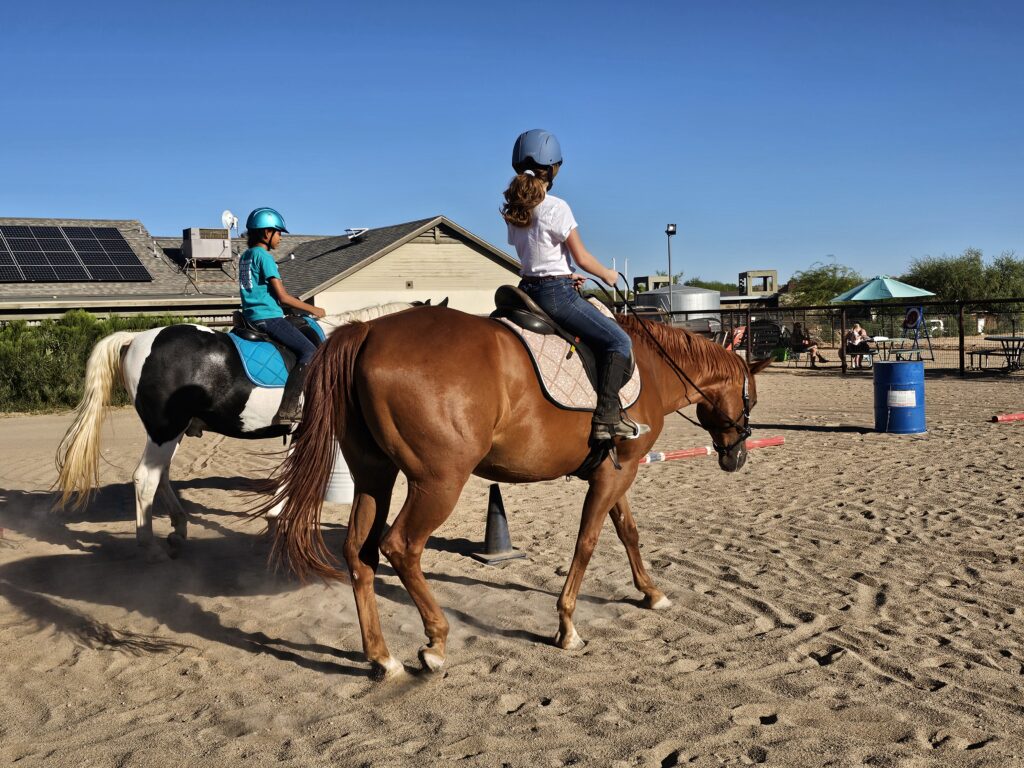
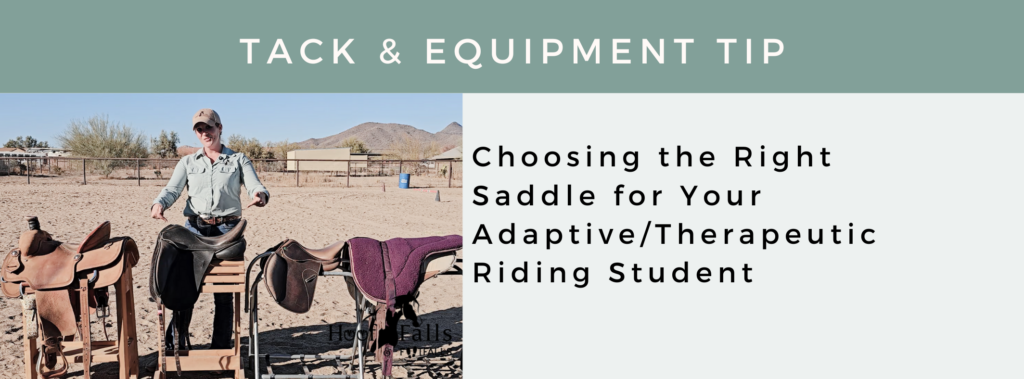
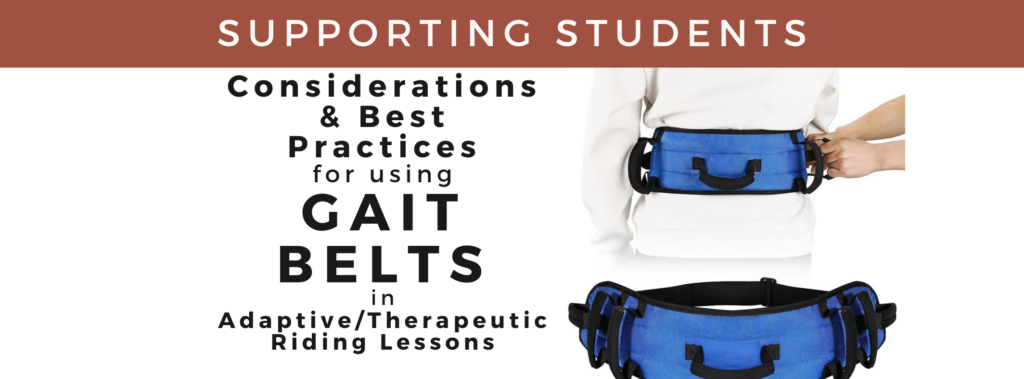
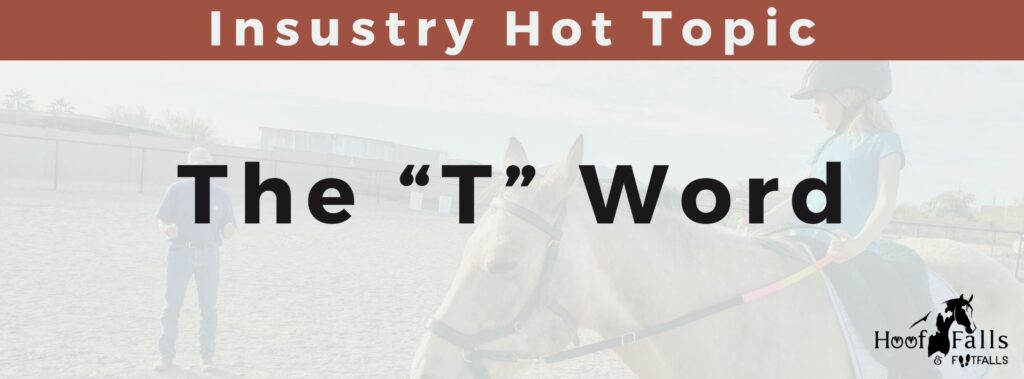
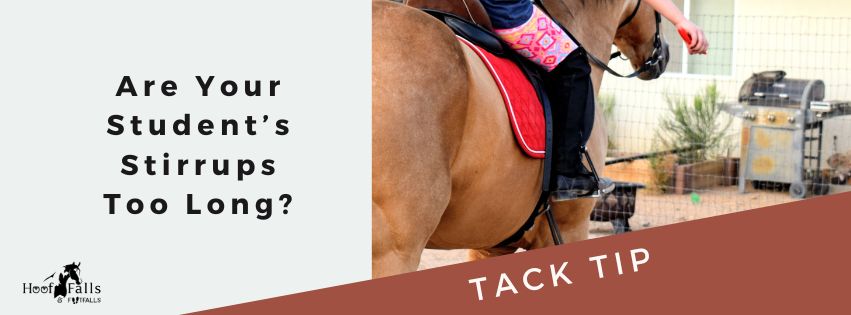
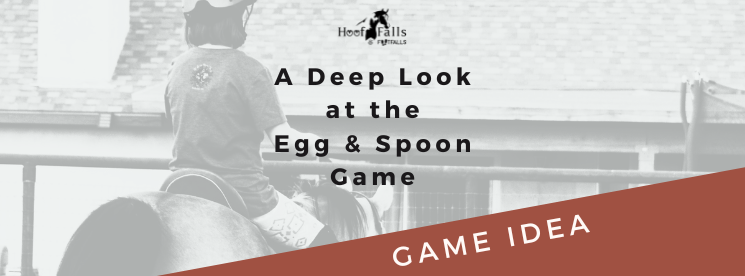
Responses